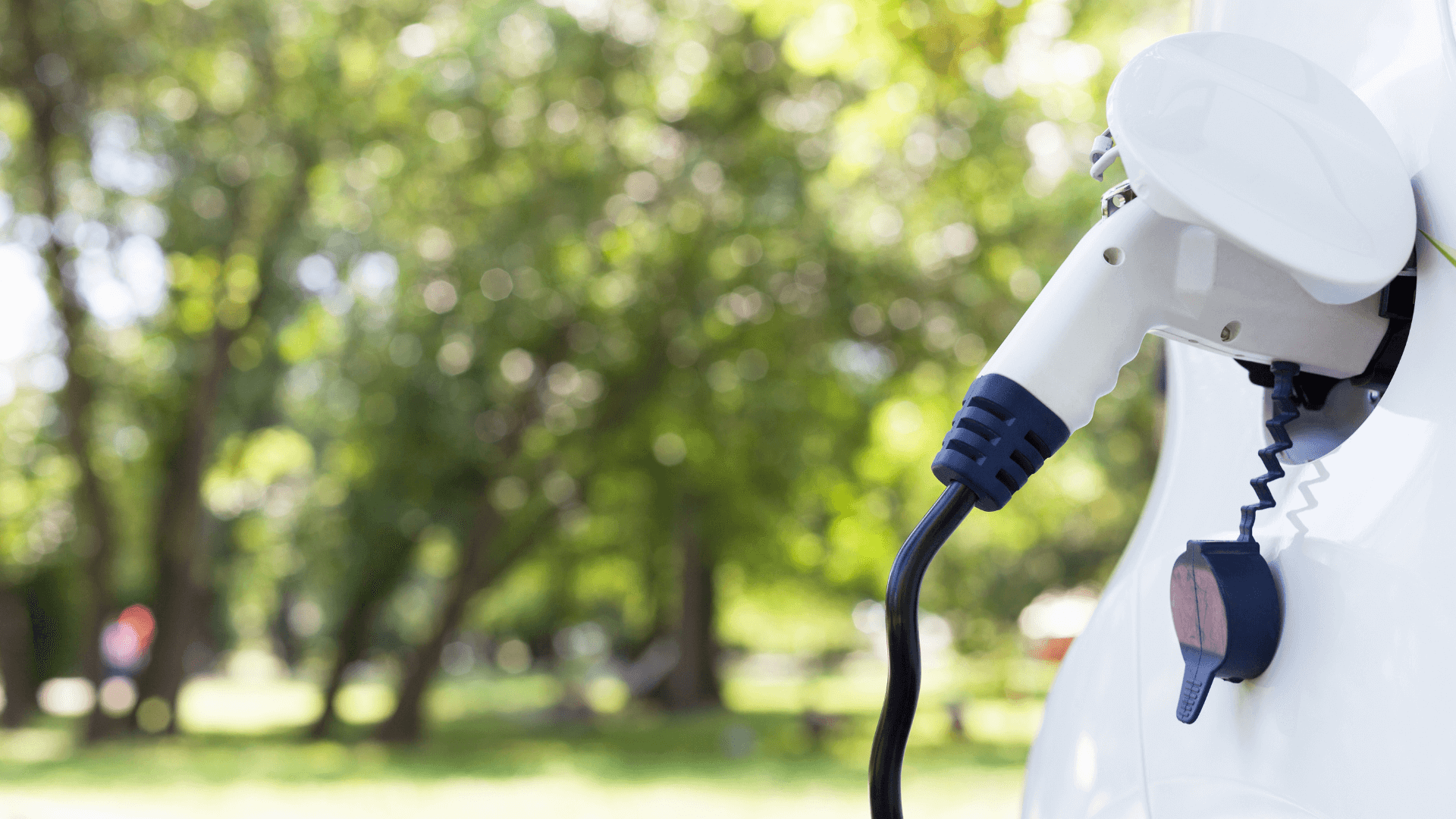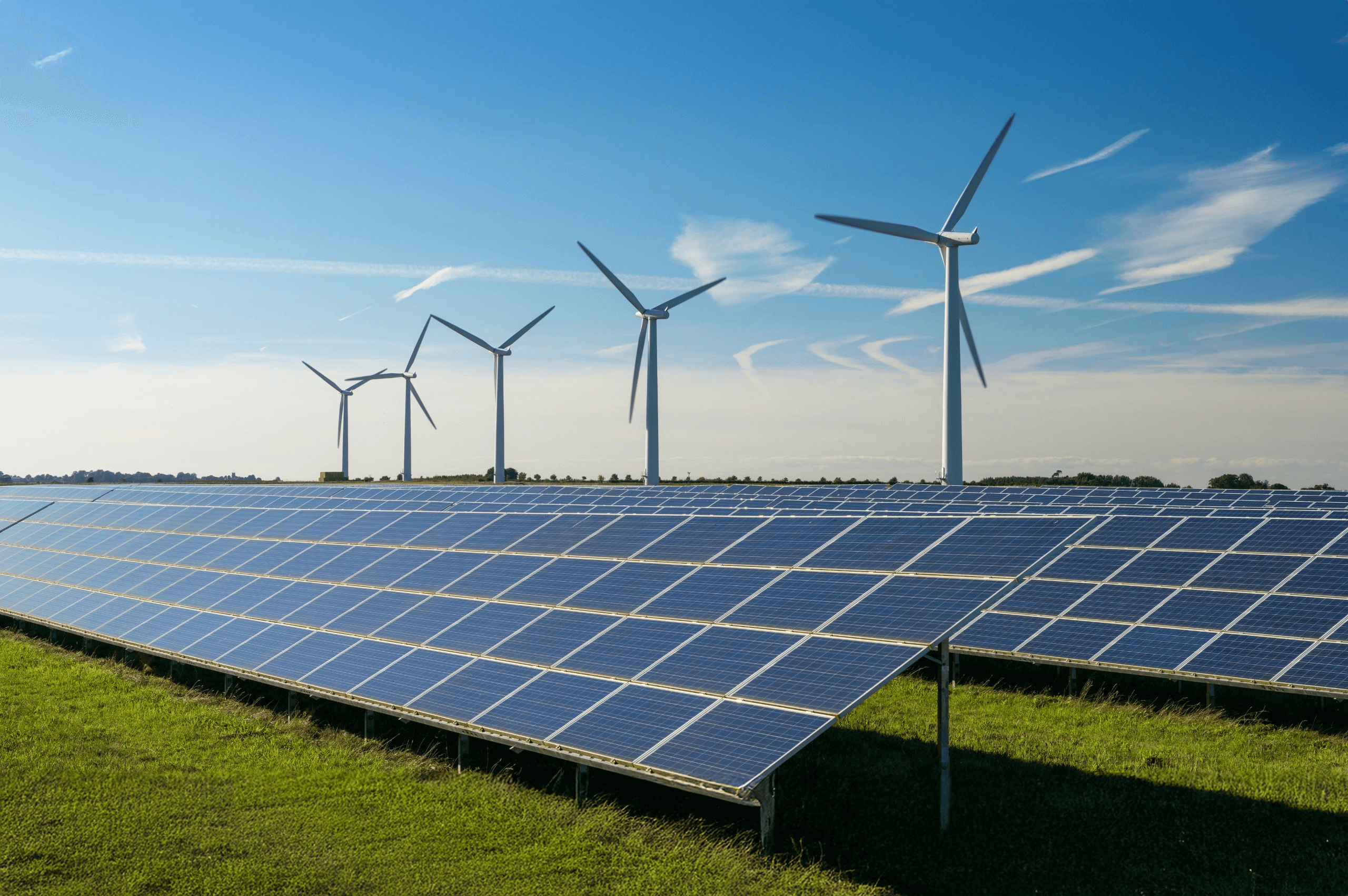
4 February 2022 - By Dr George Brilmyer
A 2021 White Paper commissioned by CBI indicates that using lead batteries for high-rate DC to DC electric vehicle charging will be technically and commercially viable. This project has caught the attention of the State of Missouri, Missouri Gas & Electric and the Missouri University of Science & Technology. Their plan is to install several prototype systems in local Missouri gasoline stations. An RFP has been issued to for companies willing to design and build these first prototypes.
Fueling these plans is the need to provide accessible charging for EV buyers. The US auto industry has determined that a “hypothetical barrier” stands in the way of increased EV sales. The industry believes that greater EV adoption depends on an improved charging infrastructure in order to alleviate car-buyers' drive-range anxiety. And unlike the network of “super charging stations that Tesla had the foresight to install all around the world, other EVs are lacking in their ability for fast-charging. A Tesla super charger can take a discharged Tesla to about 80% state-of-charge (SoC) in less than 30 minutes. This “super charging” ability gives the Tesla driver a secure feeling when embarking on a long trip.
Other EV drivers are relegated to using lower power charging stations at hotels and parking structures, but these lower power chargers can take upwards of 4 hours to get the vehicle battery to 80% SoC. Not a good situation.
In a recent announcement, California governor Gavin Newsom is not only proposing that every new car sold in California by 2035 be electric or zero emission but is also supporting legislature that new homes be equipped with EV charging capabilities. The article by Plastics Today also quotes a Reuters report that fast chargers are very expensive and typically cost ~$100,000. Such systems are also expensive to operate due to high cost of electric power and demand charges.

CBI has written about the critical role of advanced lead batteries for the electric vehicle revolution by powering safety features on-board EVs. The potential for the technology to be the battery powering EV charging stations is another significant opportunity.
The time is ripe in California, and indeed the rest of the world, to adopt and install High-Rate lead battery-backed DC to DC charging systems as proposed by the CBI White Paper. As countries and their auto industries scramble to expand their BEV charging infrastructures and advance electrification and decarbonization agendas, lead battery industry has a huge opportunity to play a key role in this charging infrastructure expansion.
The window of opportunity for lead battery manufacturers to form partnerships, design prototypes and submit proposals to be a part of this electrification expansion is open now. Change is coming and our industry should be part of it!

By Dr George Brilmyer, Batt-Tek Consulting, LLC and member of CBI's Expert Panel

09/12/2025